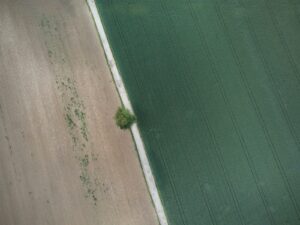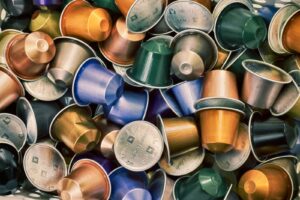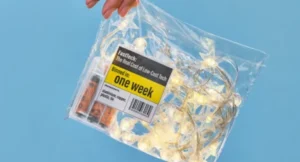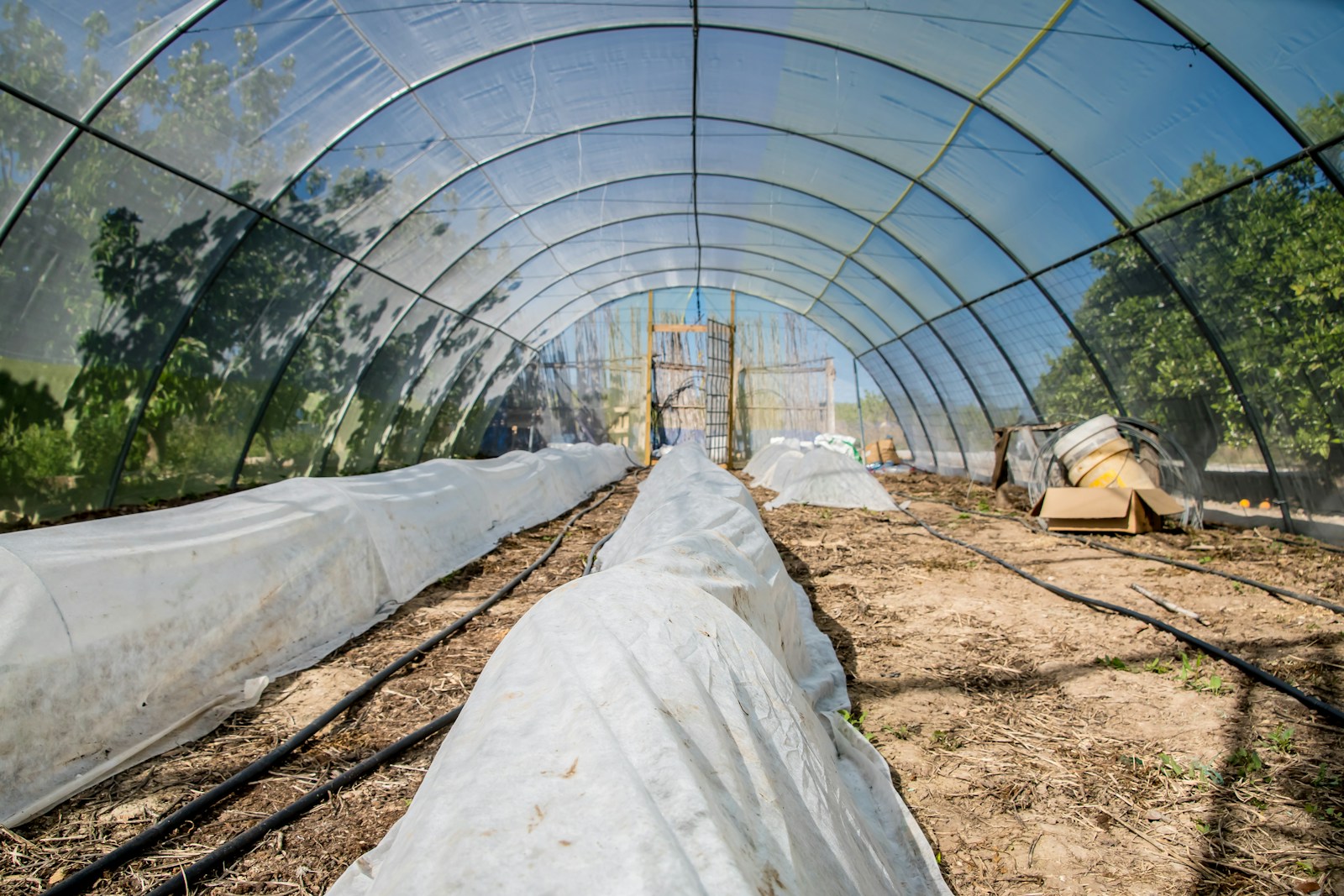As pests, disease, heatwaves, flooding and drought threaten and increasingly unstable food supply chain, a new innovation could promise more security.
Scientists at King Abdullah University of Science and Technology [KAUST], Saudi Arabia, believe they have developed a nanotechnology which could double crop yield and offer a lifeline to arid regions struggling to cope with more extreme temperatures and drier weather.
Made from nanotech plastic and biodegradable mulch, the cooling innovation can lower the temperatures of miniature greenhouses in Saudi Arabia by 25C. This has been shown to improve production of food stocks by almost 200%. The process also uses significantly less energy than traditional climate control methods.
‘The cooling of greenhouses can be extremely expensive. Our approach can make a number of crops available to arid regions, increasing their food security while at the same time helping meet carbon emission targets,’ said KAUST Professor Qiaoqiang Gan, who developed the nanotech plastic and is an expert of passive cooling systems – systems that need no electricity.
‘Most greenhouse covers, whether they are made of glass or plastic, transmit more than 90% of light, including infrared light, which has no benefit to crop yield but generates heat. Our goal was to create a cover that lets good light in and keeps bad light out,’ they continued.
In order to function, the system involves polyethylene, the most widely available plastic on the planet, coated with nanoparticles which absorb infrared light – a key driver of heat. By preventing this from entering the greenhouse, the ambient temperature remains relatively low, while ‘good light’ is still allowed inside in order for photosynthesis to take place. Mulch is then applied to keep reflect the sunlight off the soil, which further ensures heat is at a minimum.
‘Most commercial mulch is plastic and extremely wasteful. It results in about 1.5 million tons of waste, and more than 40% goes unrecycled. Plus, this leaves microplastics in our soil that can enter the food chain,’ said Yanpei Tian. ‘Combining the two technologies in miniature greenhouses in Saudi Arabia to grow Chinese cabbage, the researchers achieved a crop yield that was 200% greater than grown with commercial covers and mulch.’
Image: Joanjo Puertos / Unsplash
More Biodiversity, Climate Change, Nature and Sustainability:
Making Space for Rivers calls for national river corridor network


















